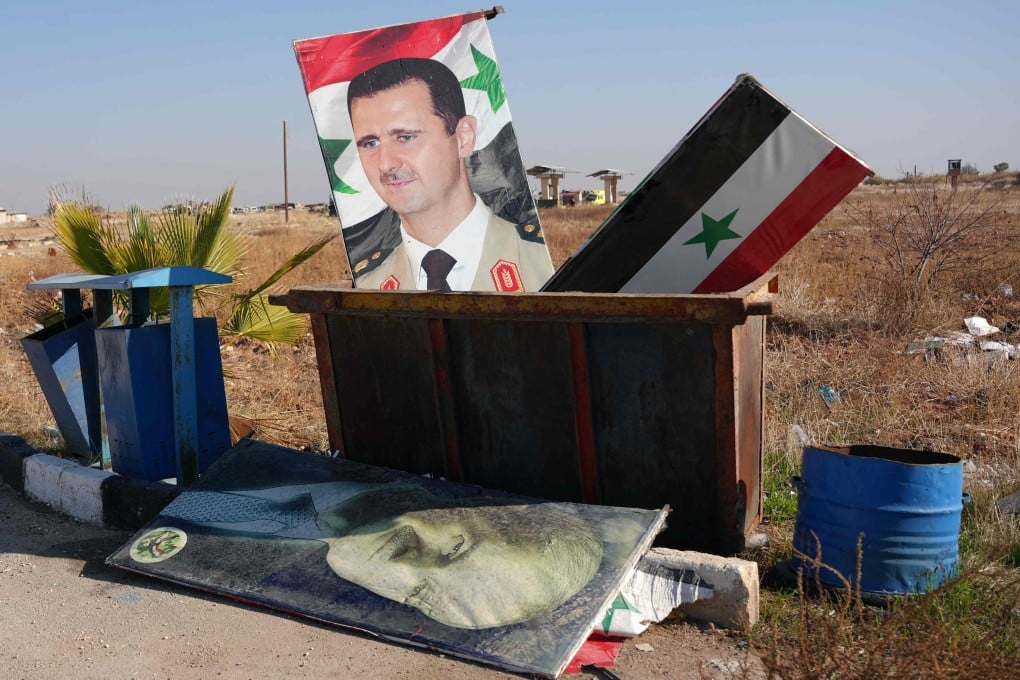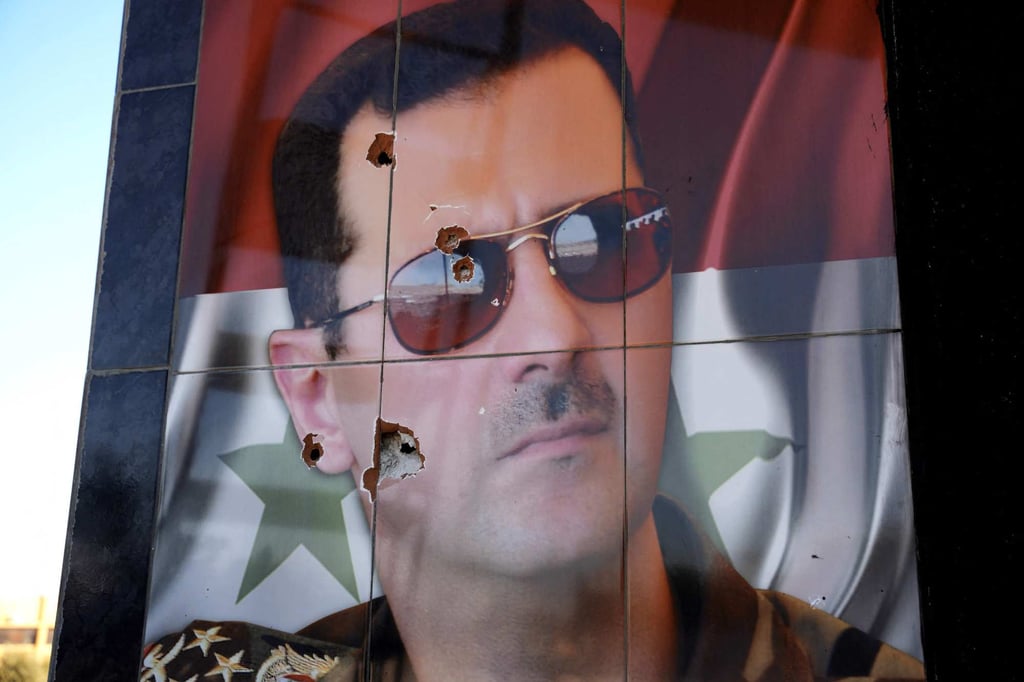Advertisement
Opinion | China’s Middle East strategy falters as Aleppo falls to rebel forces
While China has invested in Syria’s reconstruction and seeks to expand its regional presence, the renewed violence has put its ambitions on hold
Reading Time:3 minutes
Why you can trust SCMP
12

The fall of Aleppo, one of Syria’s key cities, has far-reaching implications for China’s Middle East strategy. At a time when Iran is consumed by the conflict in Lebanon and Russia by the war in Ukraine, both nations are constrained in their resources, preventing them from deploying military equipment or personnel to Syria.
Yet abandoning Assad is unequivocally not an option for either ally. While China may express a peripheral interest in Assad’s regime, the repercussions of the Syrian crisis will undoubtedly extend beyond the immediate region. Despite Damascus inviting Chinese companies to spearhead the country’s reconstruction, the renewed instability makes any significant involvement by Chinese state-owned enterprises unlikely in the near future.
Aleppo fell to Islamist militias under Hayat Tahrir al-Sham (HTS) a former al-Qaeda affiliate, which the US and the UN label a terrorist group. HTS and other armed Syrian opposition groups reversed President Bashar al-Assad’s earlier gains. Assad had seemed on the verge of consolidating control after years of brutal civil war, which began in 2011 following the regime’s crackdown on protests.

The war has claimed more than 500,000 lives and displaced more than 7 million people as refugees. Russian support since 2016 – via Wagner Group mercenaries and air strikes from Khmeimim, a Russian permanent airbase in Syria – had been critical in recapturing Aleppo.
Advertisement
However, a 2020 truce brokered by Russia and Turkey, the primary supporter of the anti-Assad Syrian National Army, failed to resolve the conflict or ease the suffering of millions of displaced refugees. Scenes from the bloodiest days of Syria’s civil war are now playing out again in the northwest. Pro-government forces are battling a sudden rebel offensive, and the humanitarian toll is staggering. Adding to an already crushing burden, thousands fleeing the war in Lebanon have poured into this fragile region, joining millions already struggling to find food and heat as winter approaches.
The situation is further complicated by Kurdish groups like the People’s Defence Units and the Kurdistan Workers’ Party, which Turkey classifies as terrorist organisations. Turkey has military forces in northern Syria to counter these groups, while the United States maintains fewer than 1,000 troops in the region to prevent a resurgence of Islamic State.
Advertisement
In recent years, the perception of stability enabled several countries to re-engage with Syria, paving the way for Assad’s gradual reintegration into the influential Arab League. China showed its support by hosting Assad in Hangzhou during the 2023 Asian Games, advocating a “Syrian-led, Syrian-owned” political resolution.

Advertisement
Select Voice
Choose your listening speed
Get through articles 2x faster
1.25x
250 WPM
Slow
Average
Fast
1.25x
